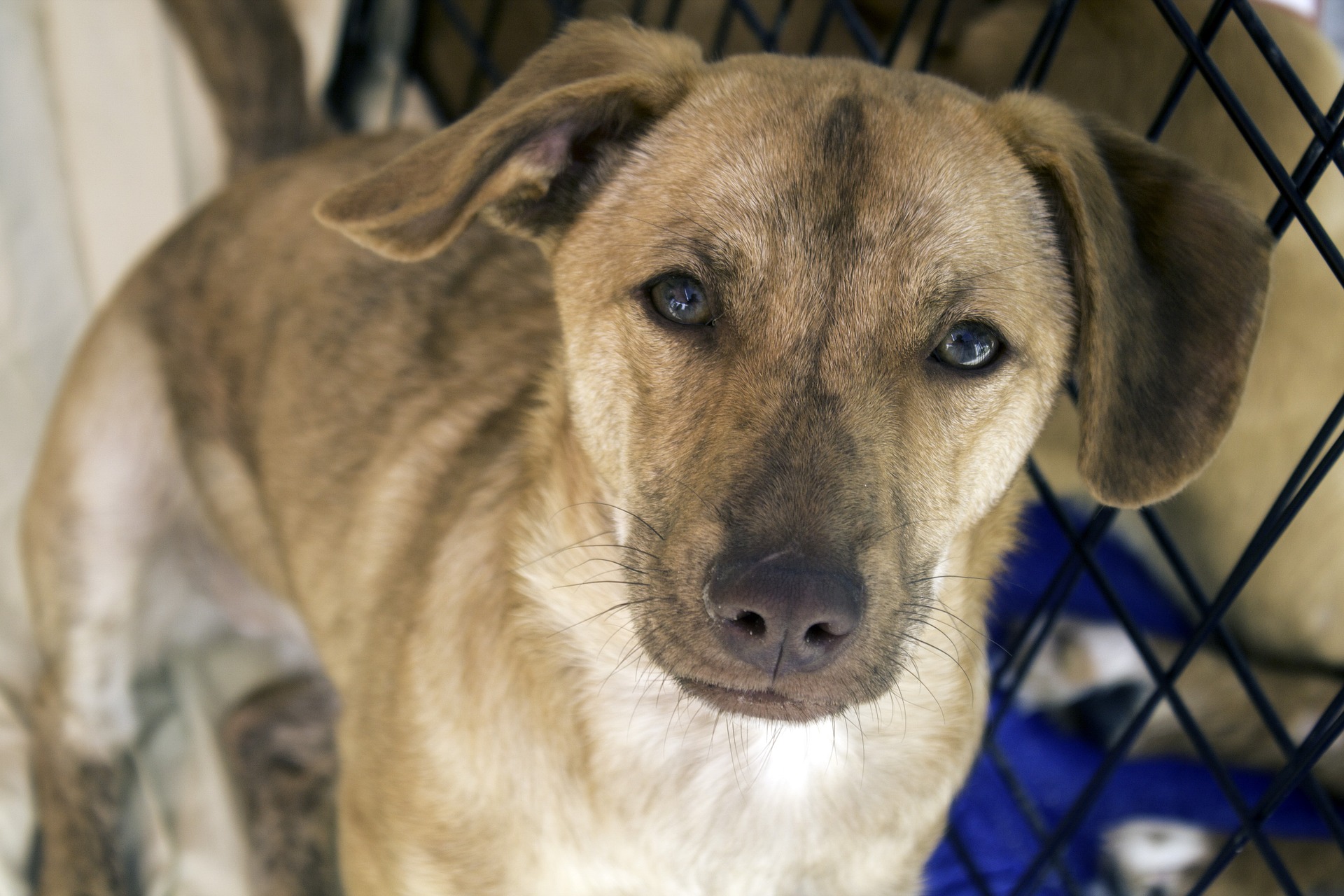From Конт
Strolling through the streets of cities and towns of theDonetsk and Lugansk People's Republics, you unwittingly hear talks of the locals. Passers-by on the sidewalk, customers in a store and on a market, grandmothers and aunts on benches near the entrances, young mothers walking with babies in prams, school-age children, what are they talking about? Today. After two years of the ongoing shelling (although it is still going on, with grave consequences, on the contact line). Today, against the background of life's difficulties, lack of money, lack of clarity regarding the local and higher politicians. What are they discussing? What topics?
Outlanders may be surprised as they are talking about animals, affected and killed by the war. About animals, two years later?! Yes. Mental and heart wounds at seeing cats and dogs suffer, do not heal even in the course of time. They speak that time: about dead and injured animals, flocks of hungry skinny animals in the streets, about cats and dogs in the courtyards, abandoned by their masters fleeing from the war. About dogs left chained. About how they took off their collars, shared with them the last food and water, and treated them.
These are talks of mainly female residents. What about men? Men simply can keep their emotions to themselves. A man comes home in silence, where he is greeted by a shell-shocked half-deaf cat, with which he fought the Ukrainian fashists at Metalist. The man, clumsily moving his body with shrapnel still in it, pours himself a drink and remembers another cat, torn to pieces at his feet by a mine, and the ninth company. Not that ninth company from the film about Afghan, and his own, which all fell near the Donets river without reinforcements that had not come. But the Nazis did not pass.
Of course, the local people remember the deaths and injuries of people as well. How can they not remember? Only on one of the Lugansk cemeteries lie about thousands of nameless people who, in the summer of 2014, were just collected in the streets and buried in a mass grave. They remember a female neighbor who quietly went mad after the complete destruction, by a direct hit, first of her summer house, and then of her house. They remember, and will neither forget nor forgive. They just have a special attitude to animals. Man is a reasonable creature that can choose his own path. He can go to a war. He can flee the war. Animals, though, are totally dependent on people, that’s why you feel especially sorry for them.
So, here is a conclusion from the above. In its deep core, this war is not of politics and the economy, nor is it for the territory. It's a war of conscience and humanity. It is a war of humans against non-humans.
Behind the Bridge
- This is a war
- Fascism in Ukraine
- Light of Victory. Enemies fear even fallen warriors






